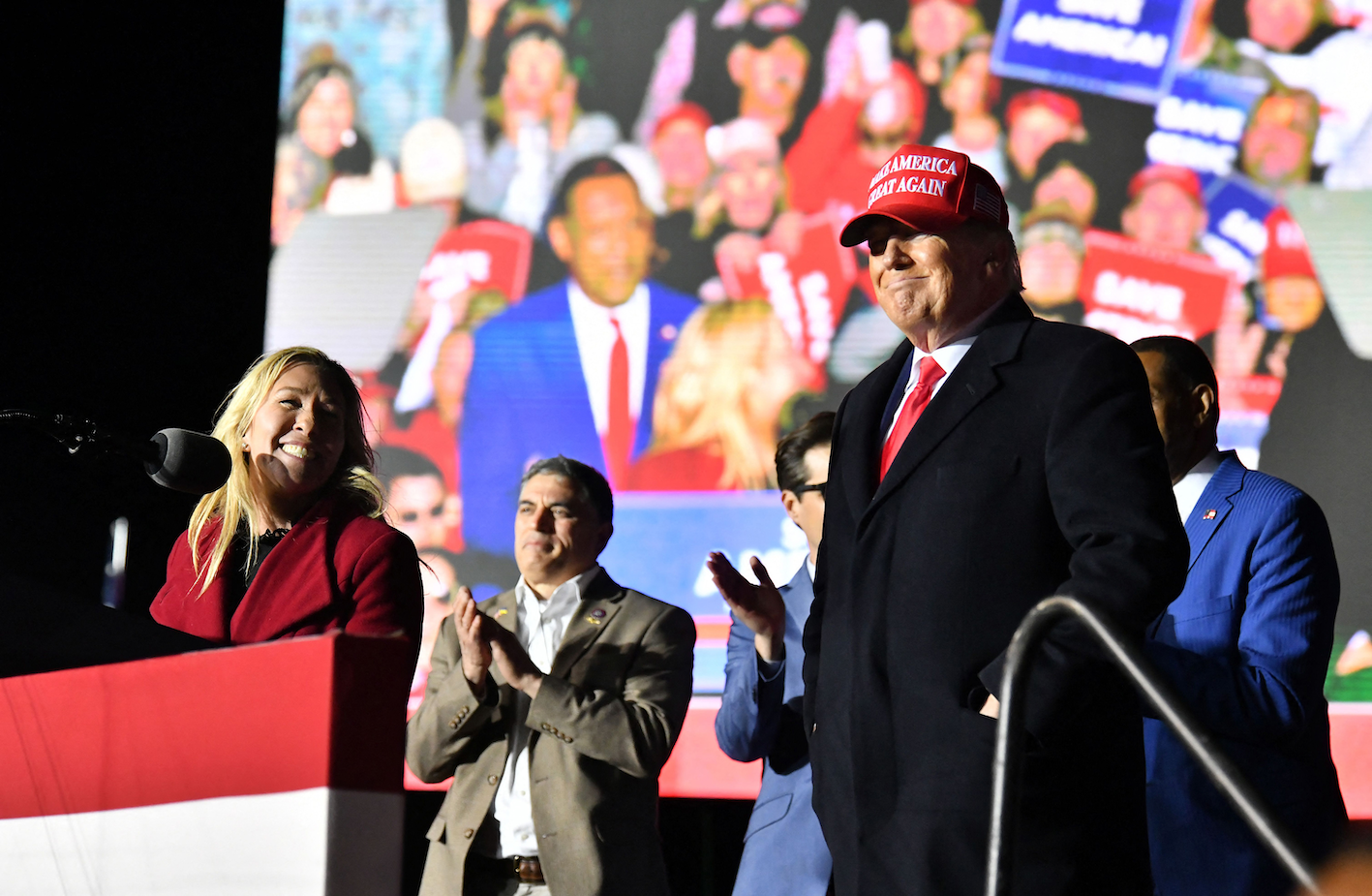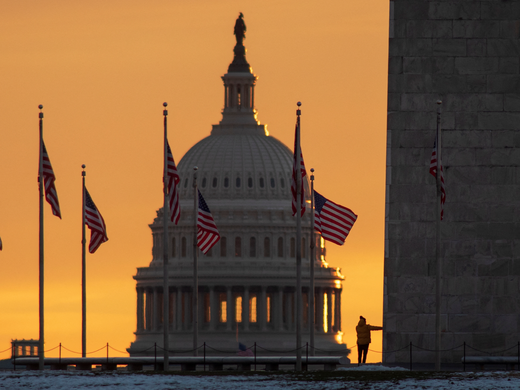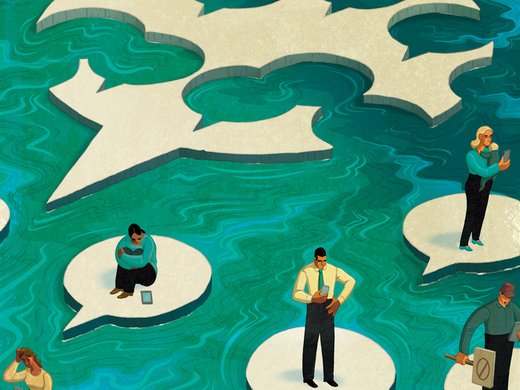As the first anniversary of Russia’s effort to absorb or destroy Ukraine approaches, with Putinist kleptocrats framing their war as an apocalyptic showdown with the West, it seems important to take stock of how democracy itself is faring. After all, it’s the moral fight, the information (or disinformation) conflict, that propels events on the ground.
Simply put, democracy is losing. The reason is that Western governments, led by the United States, have not come to terms with the reality that liberal and free societies worldwide are under attack from within — using the very tools developed by their brightest innovators to express that freedom.
Digitization and the World Wide Web, the Promethean sparks of the late twentieth century, are the principal vehicles for populist disruption and discord, as we have seen since the Russian manipulation of the 2016 US presidential election. That was arguably the most successful information operation in history.
Yet even as Europe and the United States ponderously turn, like a pair of moribund wildebeest facing a pack of jackals, to impose a semblance of governance on the 30-year-old internet, Web3 and artificial intelligence are set to whisk deliverance from reach. How can regulators, already neutered by mere transnational data flows, begin to cope with a digital universe in which fake video and audio recordings are indistinguishable from real clips, while being infinitely scalable and producible on a laptop?
“On the internet,” said comedian Sacha Baron Cohen in a prescient jeremiad to the Anti-Defamation League (ADL) in November of 2019, “everything can appear equally legitimate. Breitbart resembles the BBC. The fictitious Protocols of the Elders of Zion look as valid as an ADL report. And the rantings of a lunatic seem as credible as the findings of a Nobel prize winner. We have lost, it seems, a shared sense of the basic facts upon which democracy depends.”
The implications for liberty are grim, and odder yet is the torpid response. It’s as though someone slipped a sedative in the water supply, as democracy’s adversaries rack up victory after victory in the information space. This is already causing enormous harm.
In late April of 2021, the European External Action Service (EEAS), the foreign affairs department of the European Union, issued its Short Assessment of Narratives and Disinformation Around the COVID-19 Pandemic. The report, produced by the EEAS unit charged with countering disinformation, found that from December 2020 through April of 2021 — with the pandemic raging, much of the world in lockdown and vaccines just beginning to emerge — Russian and Chinese information operations were in high gear.
Even as the two autocracies undertook an international campaign to promote their own homegrown COVID-19 vaccines — Sputnik V and Sinovac, respectively — they sought to “undermine trust in Western-made vaccines, EU institutions and Western/European vaccination strategies,” the EEAS report found. “Both Russia and China are using state-controlled media, networks of proxy media outlets and social media, including official diplomatic social media accounts, to achieve these goals.”
This isn’t to suggest that every populist keyboard warrior who shares an anti-vaccine meme is a Russian or Chinese agent. But it is to say that these regimes have a clear interest in seeing that meme shared, because of its power to disrupt Western societies.
Further, it highlighted ties between the far-right factions in the Russian Orthodox Christian Church, which backs the Putin regime, and the US Christian far right. In a 2019 paper for the Alliance for Securing Democracy, Laura Rosenberger and Tom Morley explored how Russian links to global populist movements extend well beyond the United States — to France, Hungary and Italy, Poland, Germany, Switzerland and the Netherlands. “Russian military strategists see cyberwarfare not as a distinct, separate form of military operation but rather one that is integrated into other means of asymmetric warfare, such as disinformation,” Rosenberger and Morley write.
This isn’t to suggest that every populist keyboard warrior who shares an anti-vaccine meme, or pro-Russian Ukraine propaganda, is a Russian or Chinese agent. But it is to say that these regimes have a clear interest in seeing that meme shared, because of its power to disrupt Western societies — just as the Putin regime had a clear interest in seeing Donald Trump become leader of the free world in 2016.
The West’s own innovative wizardry has been weaponized against us. Web-fuelled populism, abetted by authoritarian states, will continue to seek to undermine expertise, undermine due process, undermine governance and undermine law. Although the movement today revolves around demands for the freedom to reject science, it effortlessly morphs into a rant against all institutions, and from there into sheer atavistic rage. It is both reactionary and revolutionary. It is abetted and propelled in the hothouse of social media, which appears poised to become even less technologically amenable to governance than it has been.
What can be done? Reforming Section 230, to make platforms accountable for what they publish, would be an important step. The question is about to come before the US Supreme Court. But progress will be difficult in a gridlocked Congress. The emerging patchwork quilt of legislated governance, with Europe’s Digital Services Act leading the way, may help. Education, more critical media literacy, can certainly help. But only a fabulist could consider the situation anything but dire.
In a civilization where truth and facts are meaningless, open and free democracies are living on borrowed time.
A version of this article first appeared in The Globe and Mail.



